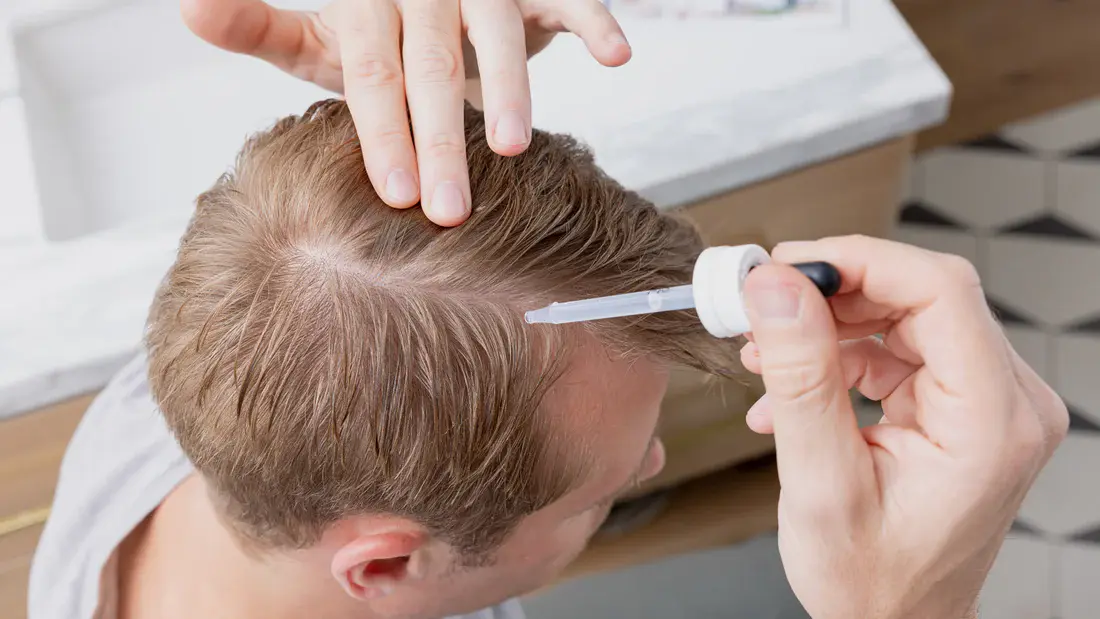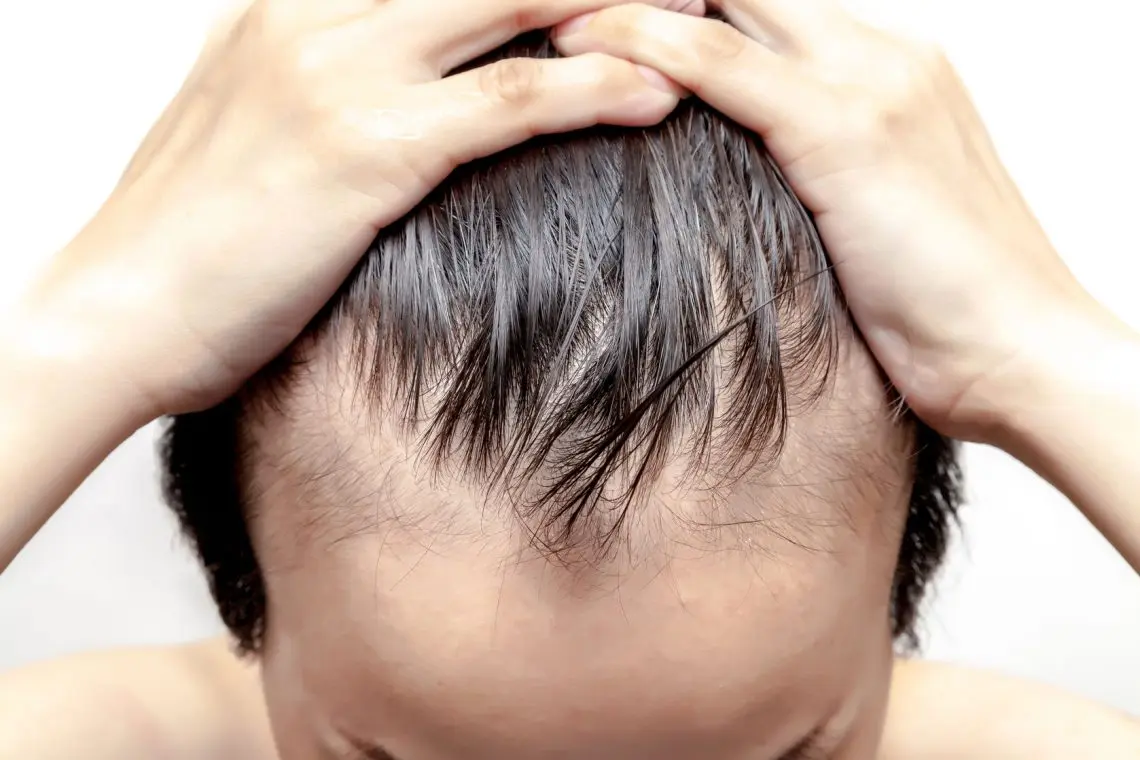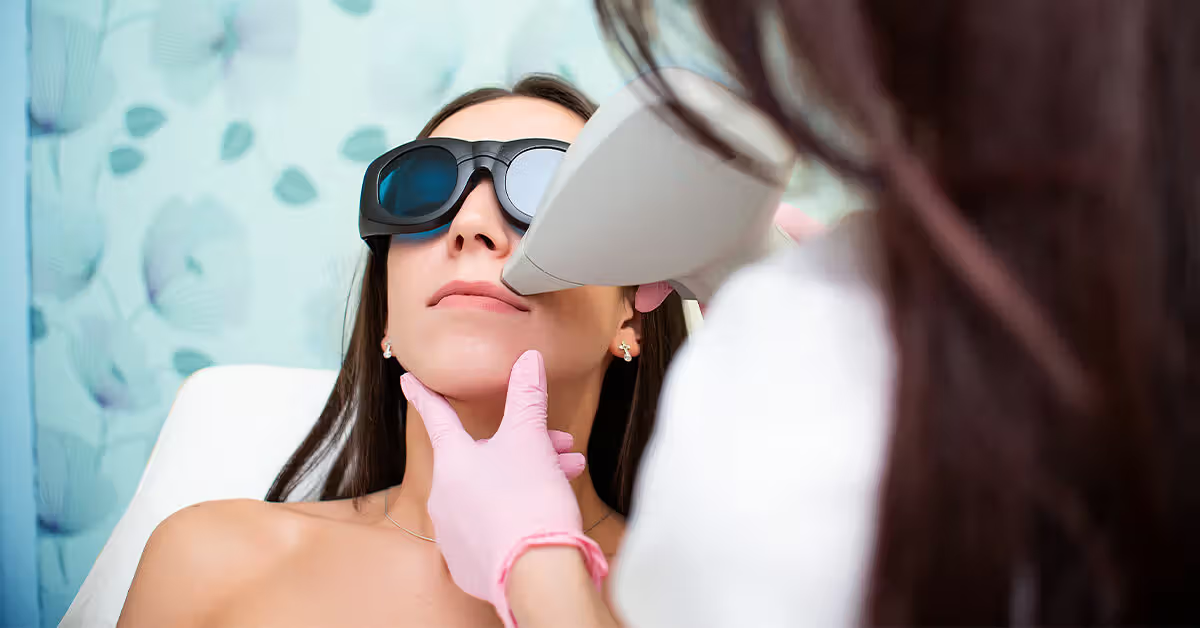
Understanding Hair Loss: The Basics
Hair loss can be a distressing experience, affecting both men and women of all ages. Understanding the underlying causes is essential for effective treatment. Factors contributing to hair loss include genetics, hormonal changes, stress, medical conditions, and certain medications. The most common type of hair loss is androgenetic alopecia, commonly known as male or female pattern baldness. Other types include alopecia areata and telogen effluvium. Recognizing the type of hair loss is crucial in determining the most appropriate treatment.
Exploring Treatment Options
When it comes to hair loss treatments, there are several options available, ranging from medical therapies to surgical procedures. Below are the most effective treatments:
- Minoxidil (Rogaine): An over-the-counter topical solution that stimulates hair growth and slows down hair loss.
- Finasteride (Propecia): A prescription oral medication that reduces DHT levels to prevent hair loss.
- Low-Level Laser Therapy (LLLT): A non-invasive treatment that uses light therapy to stimulate hair follicles.
- Hair Transplant Surgery: A surgical procedure that involves moving hair follicles from one part of the body to the thinning or balding areas.
- Platelet-Rich Plasma (PRP) Therapy: A treatment that involves injecting a concentration of platelets from the patient’s blood into the scalp to promote hair growth.
The Role of Nutrition in Hair Health
Diet plays a significant role in maintaining healthy hair. Nutritional deficiencies can lead to hair thinning or loss, making it essential to incorporate hair-friendly foods into your diet. Key vitamins and minerals that promote hair health include:
- Biotin: Found in eggs, nuts, and whole grains, biotin supports keratin production.
- Vitamin D: Sourced from sunlight, fatty fish, and fortified foods, vitamin D promotes the health of hair follicles.
- Iron: Present in spinach, lentils, and red meat, iron aids in the delivery of oxygen to hair follicles.
- Zinc: Found in pumpkin seeds, chickpeas, and oysters, zinc plays a role in hair tissue growth and repair.
Psychological Impact of Hair Loss
The psychological effects of hair loss can be profound, leading to decreased self-esteem and confidence. Many individuals experience anxiety or depression as a result of their changing appearance. It is crucial to address these feelings, whether through counseling, support groups, or educational resources. Understanding that hair loss is a common issue can help alleviate feelings of isolation and promote a more positive outlook.
Natural Remedies: Do They Work?
Many individuals seek natural remedies as alternatives to conventional treatments. While some may find success with these methods, it is important to approach them with caution. Popular natural remedies include:
- Essential Oils: Oils such as rosemary and peppermint may promote hair growth and improve scalp health.
- Saw Palmetto: This herbal supplement is believed to block DHT, similar to finasteride.
- Aloe Vera: Known for its soothing properties, aloe vera can help reduce scalp irritation and promote healthy hair.
While these remedies can be beneficial for some, scientific evidence supporting their efficacy is often limited.
Choosing the Right Treatment for You
Selecting the right hair loss treatment requires careful consideration of individual needs and circumstances. Factors such as the cause of hair loss, budget, and personal preferences should guide your decision. Consulting with a dermatologist or a trichologist can provide valuable insights and help tailor a treatment plan specifically for you. It’s essential to remain patient, as many treatments take time to show results.
Monitoring Progress and Adjusting Treatments
Once a treatment plan is established, monitoring progress is crucial. Keeping track of changes in hair density and overall scalp health can help assess the effectiveness of the chosen treatment. It may take several months to see noticeable results, so patience is key. If results are not satisfactory, consider revisiting your healthcare provider to discuss alternative treatments or adjustments to your current regimen.
Conclusion: Embracing Change with Confidence
Hair loss is a common issue that can be effectively managed with the right approach. By understanding the causes, exploring treatment options, and considering psychological impacts, individuals can find solutions that work for them. Whether through medical treatments, lifestyle changes, or natural remedies, it is possible to unlock confidence and embrace personal beauty at any stage of life. Remember, the journey to hair restoration is unique for everyone, and with the right support, it can lead to positive transformation.






